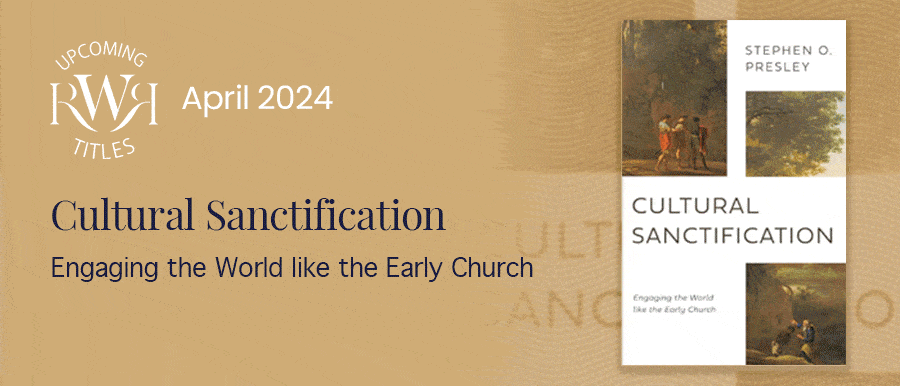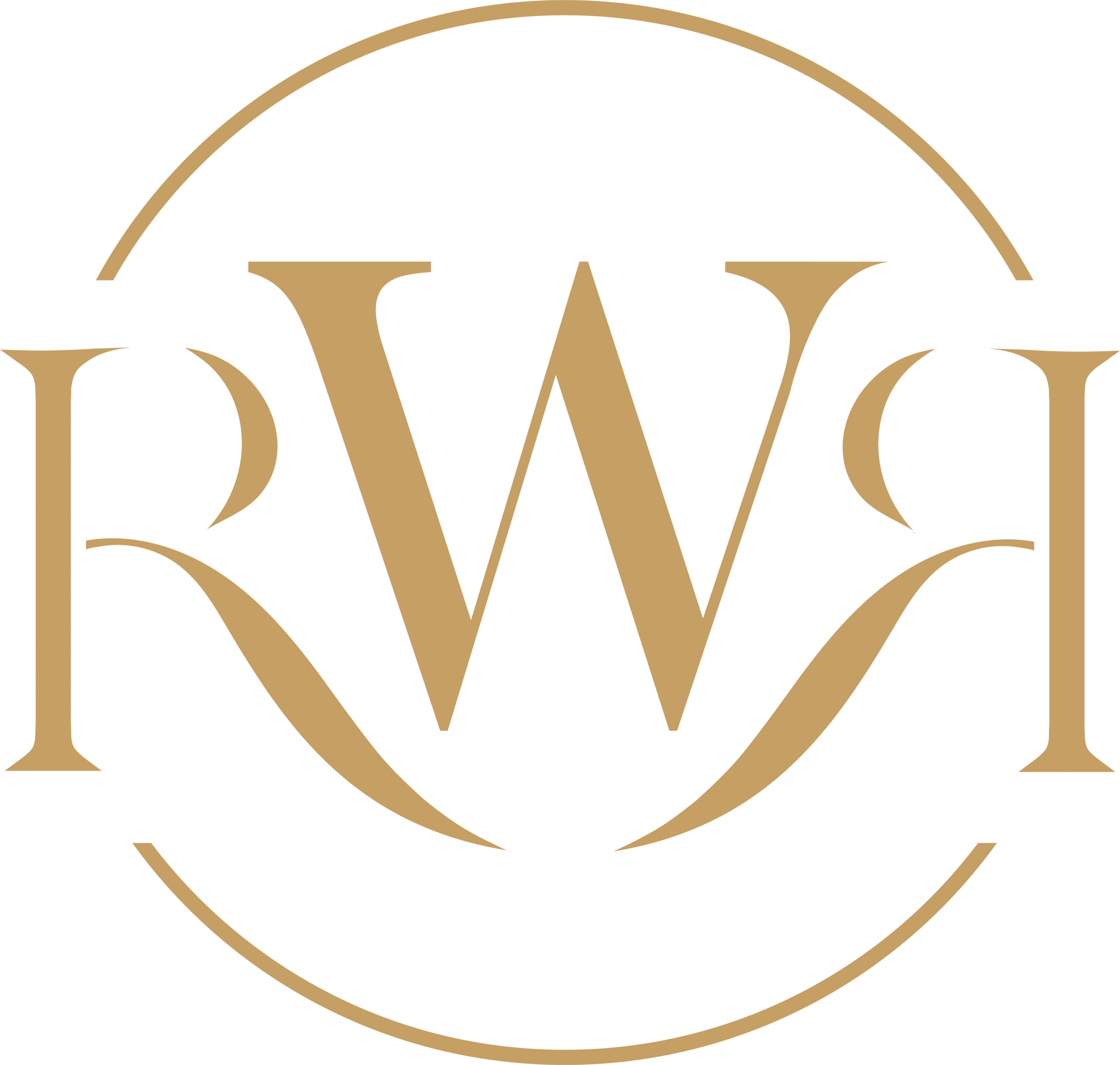In the summer of 2023 Alan Kahan introduced his Freedom From Fear: An Incomplete History of Liberalism at the Princeton University Press website. Liberalism, he argues, “faces a global challenge from populism. To successfully meet this challenge, liberals must return to certain features of liberalism common in the nineteenth century but largely absent since WWII.” Kahan rightly identifies liberalism’s intellectual heritage as having largely been obscured by modern American political rhetoric: “Some liberals’ exclusive focus on economics has left many people out in the cold, and even political liberalism does not suffice to warm the hearts of those culturally alienated by a liberal perspective.” His book argues that liberalism needs to return to the three pillars on which it was built in the nineteenth century: freedom, markets, and morals. “Put another way,” writes Kahan, liberalism was built on “politics, economics, and religion or morality.”
In response to the charge by modern Americans, particularly on the right, that liberalism is the cause of perceived immorality and actuates economic prosperity at the expense of a truly moral and religious society, Kahan notes that “although political freedom is essential to liberalism, liberals have never adopted exclusively political means” to secure a safe social and moral order. Liberals “talked about markets and morals as equally essential means for keeping wolves, human and otherwise, from the door.” They “relied on private property, market economics, and religious and moral incentives, as well as constitutions and political institutions, to achieve the dispersion of power necessary to keep people safe.” Liberals always understood, and still understand, that accruing power into the hands of a single human entity is the quickest way to harm the morality, economic prosperity, and liberty of a society.
What the postliberal sees as not enough governance is not actually a lack of government, but the liberal insistence that society should rely on other institutions besides the state to govern human interactions. Liberals never denied the necessity of state force to order human society. Lord Macaulay, unambiguously a leading liberal in early Victorian Britain, noted the essential conservatism of liberalism in his own time: “I am opposed to the abolition of standing armies. I am opposed to the abrogation of capital punishment. I am opposed to the destruction of the national church. In short, I am in favor of war, hanging, and church establishments!” Whatever differences moderns might have with Macaulay, the charge that a liberal tradition made him a moral or political libertarian is nonsense. Macaulay championed liberal freedoms as an administrator in India. He helped modernize the Indian subcontinent and supported the ending of suttee, the ritual burning of live widows. Macaulay was not a libertarian, but neither did he see the state as a godlike institution that could reform society by itself. Schools, churches, fraternal organizations, and other intermediary institutions had a role to play as well.
In the United States, liberals never became mere libertarians in the nineteenth or twentieth centuries. Henry Clay, through his so-called American system, wedded political liberalism to liberal nationalism in order to create a unified economic system in the American republic. Abraham Lincoln followed in Clay’s footsteps and saw human liberty as a necessary element in the relationship between government, cultural institutions, and religious institutions. The Homestead, Morrill, and Monetary Acts of 1862 were passed in order to actuate a liberal order in the huge and relatively unpeopled western territories of the United States. They provided a framework not simply for state actors, but for towns, churches, and fraternal organizations to flourish in territories that would in time become states and eventually participate in the broader national life of the American Republic. The notion that nationalism was a province of a specific type of traditionalist conservatism would have surprised Lincoln as much as it would have surprised European liberals like Garibaldi, Mazzini, Adolph Thiers, or Lord Palmerston.
The essential fact of American political life in the nineteenth and twentieth centuries was not that it was a contest between conservatism and liberalism, but that it was two political dispositions both deeply wedded to liberalism that contested American elections after 1865. In the aftermath of the American Civil War, no American political party proposed a return to European-style conservatism or European-style conservative nationalism. Even nativists in the Gilded Age like John Philip Newman, a bishop of the Methodist Episcopal Church, articulated nativist xenophobia in largely liberal terms of individual and personal liberty. “It was a bold venture,” said Newman,
for the fathers of this Republic to declare personal liberty foremost, without regard to birth or education or civilization. This has elevated our nation above all nations. It was sublime courage for those grand men to declare that our civil and political rights are not grants from superiors to inferiors, but that they flow out of the order and the constitution of nature.
It is liberal natural-rights language, Newman declared, “that differentiates us, that distinguishes us from Englishmen, and Frenchmen, and Russians.” Neither throne and altar nor popular nationalism was the source of American rights. Thomas Jefferson, in some sense, was himself the proximate source of the American tradition of rights. “Jefferson made our declaration of rights and the fathers signed it, saying, We are born free and equal, created in the image of God; our political rights are inalienable, inseparable from our birth.” The Declaration of Independence “turned the corner of political history. It astounded all Europe. It sent a chill through royal blood. It caused a paleness to come over kings and queens; yet it was a declaration which oncoming generations approved, and oncoming centuries will applaud, because born of truth, justice and liberty.” State actors, Newman argued, were subordinated to personal and private initiative. “It was the spirit of ‘76 that caused the New Jersey dominie, when the army was destitute of wadding, to rush to the church and, getting a copy of Watts’s psalms, shout out: ‘There, boys, put Watts into them.’” The same spirit “led Washington to consecrate himself, his time, his wealth, and the grandest men in the country to consecrate themselves for the accomplishment of the grandest of facts.” Free citizens, churches, and morality all helped create the free American republic, and Americans maintained their free institutions not by state power, but by “moral force.” The Founding Fathers understood that “freemen are soldiers in the disguise of citizens.”
Liberalism, then, was inescapable in the American order, precisely because liberalism was a substantial enough tradition to take in Lord Macaulay, Abraham Lincoln’s Republican party, and Gilded Age nativism. The American liberal tradition eventually expanded to include Jewish and non-Protestant immigrants who created flourishing and free communities across the United States. American policymakers like Franklin Roosevelt understood a broad expression of individual rights and a commitment to democracy never meant treating Christian social and moral precepts as adiaphora. FDR confidently told Americans that their shared country needed “the sustaining, buttressing aid of those great ethical religious teachings which are the heritage of our modern civilization.” American greatness was built not on the strength and power of the state. Christianity and democracy—liberal democracy—needed each other. Totalitarians “hate democracy and Christianity as two phases of the same civilization. They oppose democracy because it is Christian. They oppose Christianity because it preaches democracy.” Ronald Reagan also championed liberal democracy. Like Roosevelt, he saw Christianity as necessary for the development of liberal society, and like Roosevelt, he defended its place in society.
In his new book, All the Kingdoms of the World, philosophy professor Kevin Vallier notes the breadth of the liberal tradition and urges his readers to take that breadth seriously. “Liberals,” argues Vallier, “defend human freedom, human equality, religious toleration, and the fundamental harmony of human interests. They include left-liberals, who stress economic equality, approach religion in politics with skepticism, and stress the importance of using democracy to control the ills of the free market.” So-called American postliberals appear to believe either that left-liberals are the only liberals or they perceive that libertarianism is the only political expression of the liberal tradition in the United States. But Vallier rightly notes that this is not the whole story of liberalism in the American republic. In the United States and in Western Europe, “liberals, whom we can call classical or right-liberals, stress economic freedom and de-emphasize social equality.” Right-liberals, historically called conservative liberals or liberal conservatives, “welcome religious influences in politics and highlight the self-regulating power of markets and the limitations of democracy with regard to improving economic outcomes. Nonetheless, liberals share the same underlying values, even if they express them differently.”
While the tendency to reject liberalism altogether might be enticing for some on the political right, it’s ultimately a fool’s errand. The American republic’s political milieu remains deeply tied to liberal practice and belief, and that is not going to change any time soon. There’s no alternate throne and altar history in the United States to appeal to, and even if there was, such a narrative is not popular enough to be politically viable. The Republican Party’s move away from right-liberalism in the form of Trumpism has been electorally unsuccessful. A better program for conservatives in the United States would be reclaiming the history of right-liberalism or liberal conservatism that defined political figures like Henry Clay, Abraham Lincoln, Calvin Coolidge, Dwight Eisenhower, Daniel Patrick Moynihan, Ronald Reagan, and others. By harnessing the best of the United States’ liberal tradition they governed not only conservatively, but effectively.
Miles Smith IV is Assistant Professor of History at Hillsdale College.

Join the Mailing List
Check Out Our Upcoming Reviews
Physical books are at once a conduit for conveying complex and well-developed ideas and an artifact of the time and place from which they come. Beginning January 2024, each month the Reading Wheel Review (RWR) will select one book to engage and then each week we will publish a different engagement with that text, typically a review, an excerpt, a substantively related essay, or an interview with the author or a figure who works in the field represented by the book we’ve selected. We look forward to sustained engagement with a variety of books, both new and old, as we launch and grow the RWR. Sign up to keep connected.

